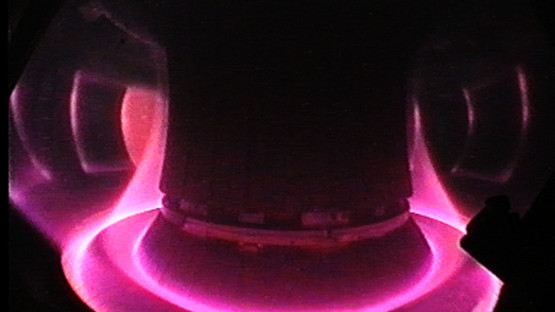The IAEA is launching a new five-year Coordinated Research Project (CRP F43028) to assemble, validate and distribute data on tungsten impurity processes in fusion plasmas—critical for advancing nuclear fusion energy development. Upon completion, this CRP will provide an authoritative, evaluated dataset of experimental and theoretical results on collisional processes involving tungsten ions in the core and edge plasma regions of fusion devices.
Tungsten is planned to be used as wall material in next-step fusion devices, including ITER and future fusion reactors, because of its favourable thermal and mechanical properties. However, interactions between plasma particles and tungsten walls can lead to erosion, releasing tungsten impurities into the plasma. These impurities, particularly in the plasma core, can severely impact stability and performance by increasing radiative energy losses and triggering disruptive instabilities.
Understanding the behaviour of tungsten ions in fusion plasmas is essential to mitigate these risks. Key uncertainties remain in the interaction processes of tungsten with plasma fuel particles (1-10 keV energy range), where discrepancies persist between theory and experiments. Additionally, processes involving neutral atoms or protons interacting with low-charge tungsten ions require further study to improve predictive models.



